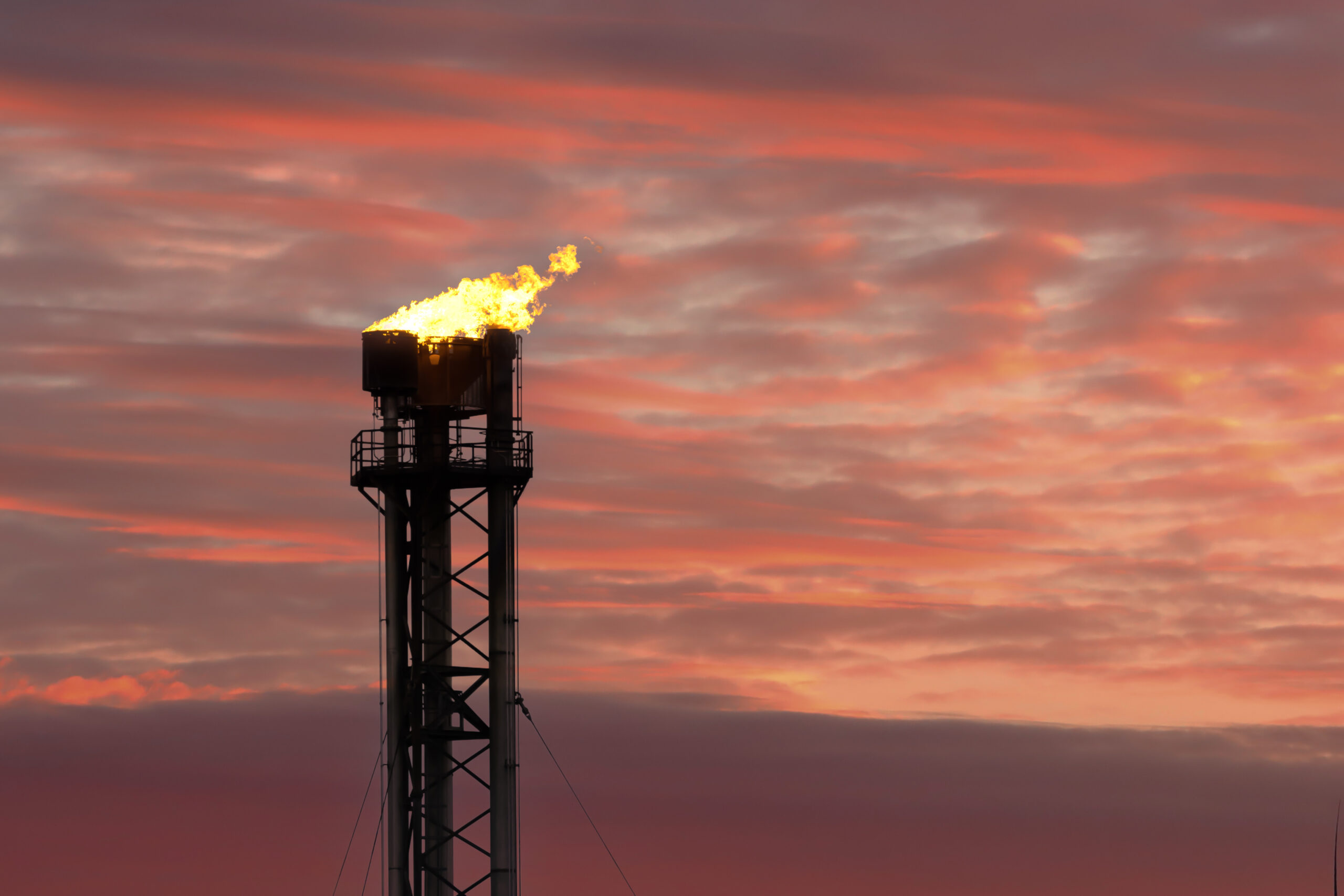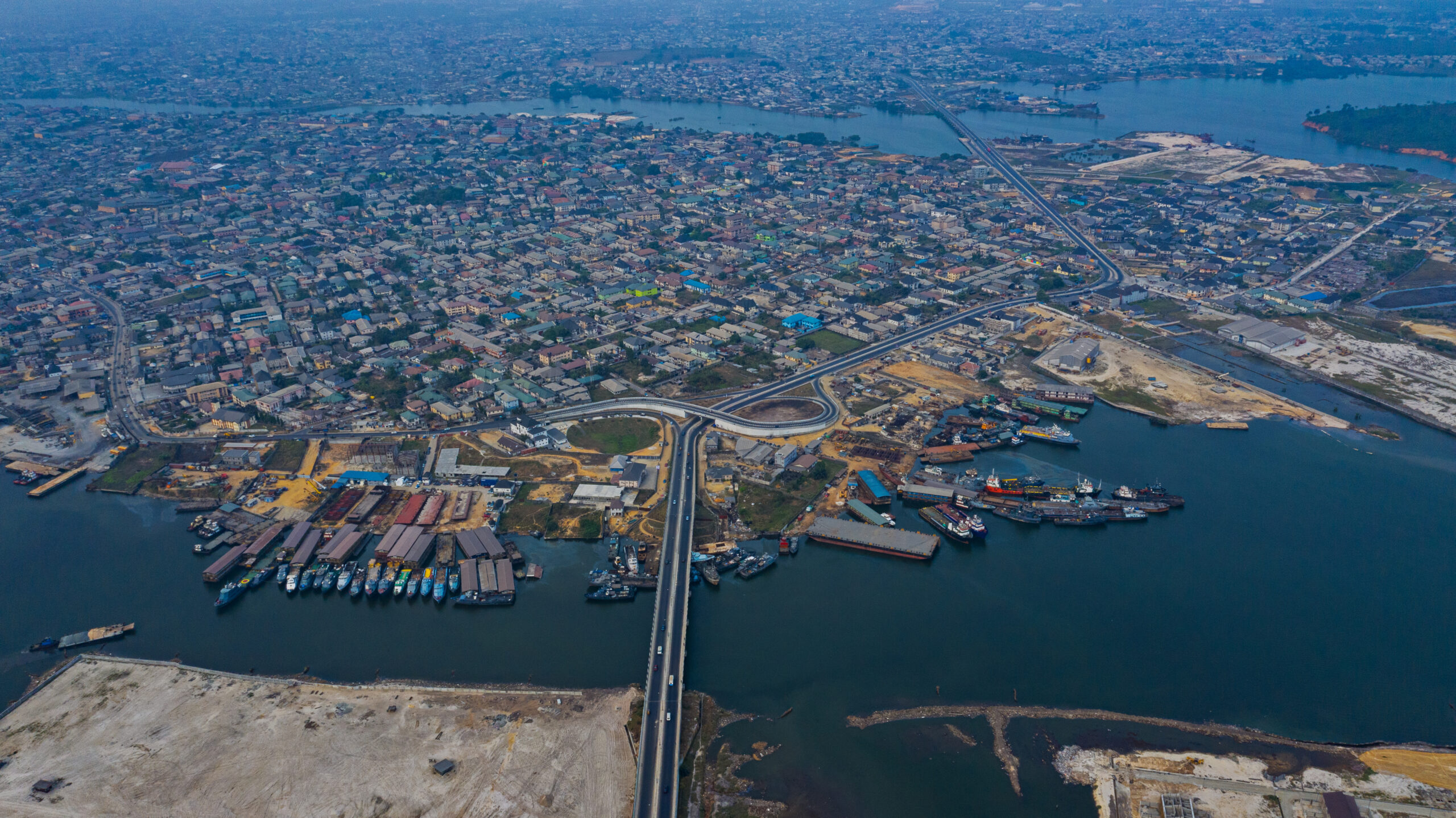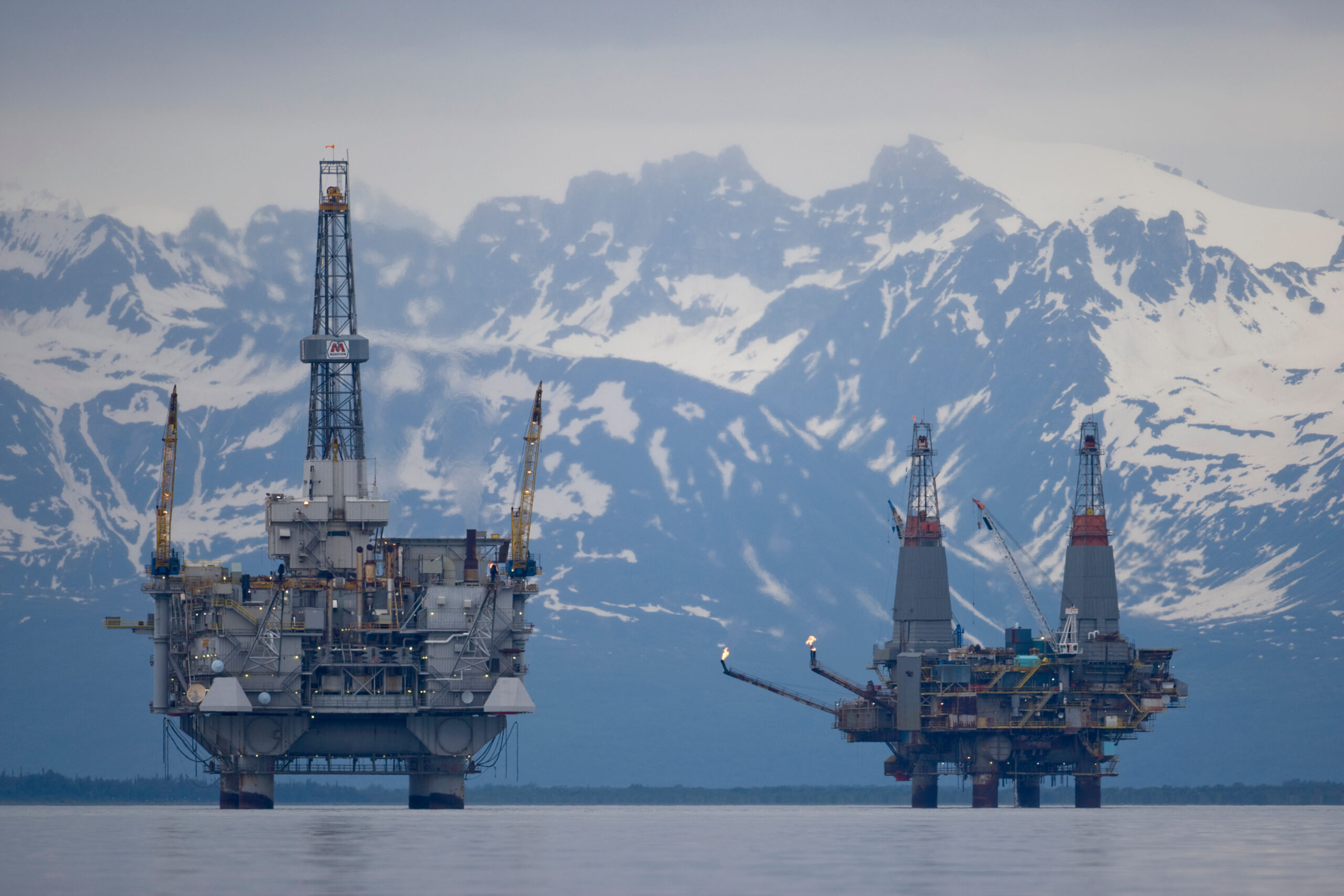Many large firms not disclosing environmental impact: CDP
A campaign to pressure major companies worldwide to reveal their environmental impact says that 1,600 companies, including ExxonMobil and Saudi Aramco, are still not disclosing enough info to investors.

There are more than 1,600 “high-impact” companies around the world that are not disclosing their environmental impact data, according to CDP, a not-for-profit financial disclosure organization.
CDP’s “non-disclosure campaign,” led by financial institutions, calls on global companies with significant impacts on the environment to disclose their data to CDP’s platform, which standardizes data and makes it available for investors and the public. Company data includes information on climate change, forests, and water. To date, financial institutions have been most interested in climate-related data, but there is rising interest in other environmental impacts.
CDP says that the number of financial institutions involved in the campaign has climbed to 288, representing nearly US$29 trillion in assets. That figure has grown fourfold since 2017, when the campaign began.
“Despite ongoing discourse over the role of ESG in financial decision-making, the continuous growth in supporters of the CDP’s non-disclosure campaign demonstrates that financial institutions worldwide require data to support risk management practices, tracking portfolio alignment to net zero goals and unlocking sustainability-linked opportunities,” Claire Elsdon, global director of requesting authorities at CDP, said in a statement. “These uses can serve to not only safeguard but also boost long-term profitability.”
The number of high-impact companies not disclosing their data stands at 1,607, and that list includes some of the largest oil and gas producers in the world, such as Saudi Aramco, ExxonMobil, and Chevron.
In 2022, the campaign succeeded in driving responses from 388 companies, and CDP says that companies were 2.3 times more likely to disclose their data after being directly engaged by financial institutions.
While fossil fuel companies feature on the list of entities not disclosing their data, there are also companies from other sectors, including mining giant Glencore, and auto companies Tesla and Volvo.
Some companies have submitted partial data. For instance, BP, Amazon, and BMW disclosed climate data last year, but did not respond to requests for info on forests and water security. As a result, they will be targeted this year.
Altogether, the more than 1,600 companies account for a combined US$21 trillion in market capitalization, with footprints in 51 countries. Together, they emit annual emissions of CO2 equivalent estimated at 4,200 megatonnes, nearly equivalent to the combined emissions from the UK, the European Union, and Canada.
Governments are increasingly requiring disclosure, which is ratcheting up the pressure on companies to comply with requests for environmental impact data.



